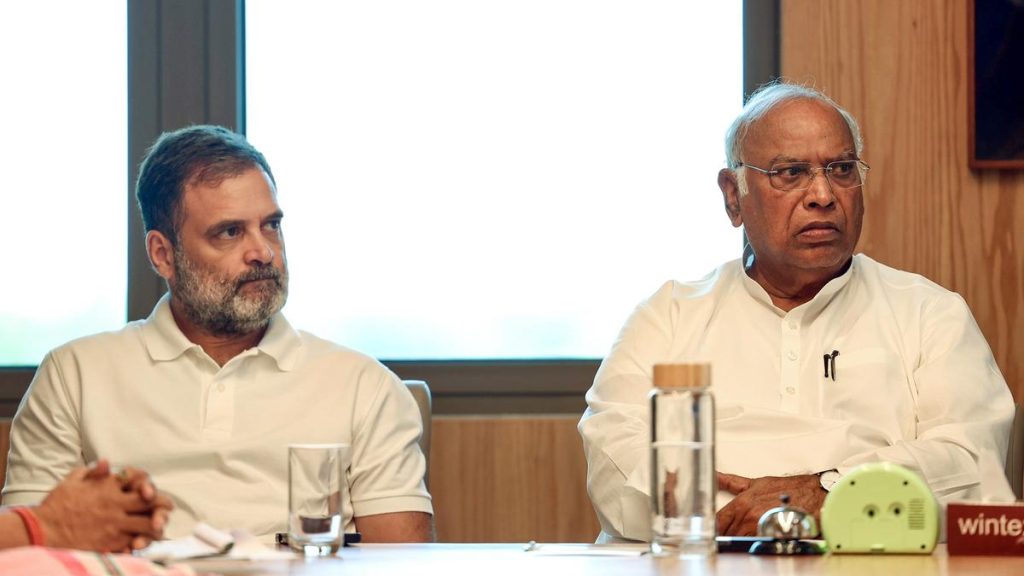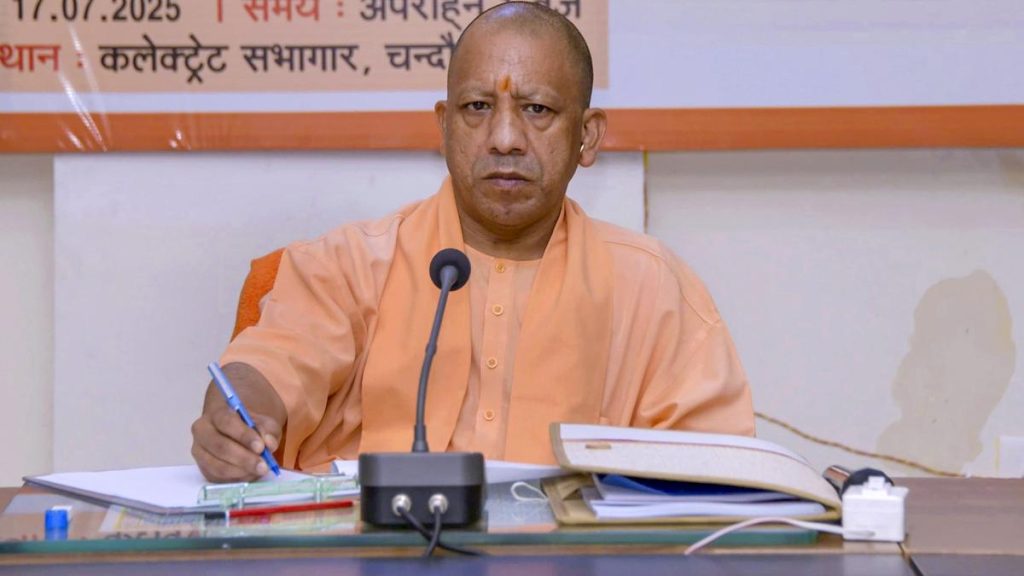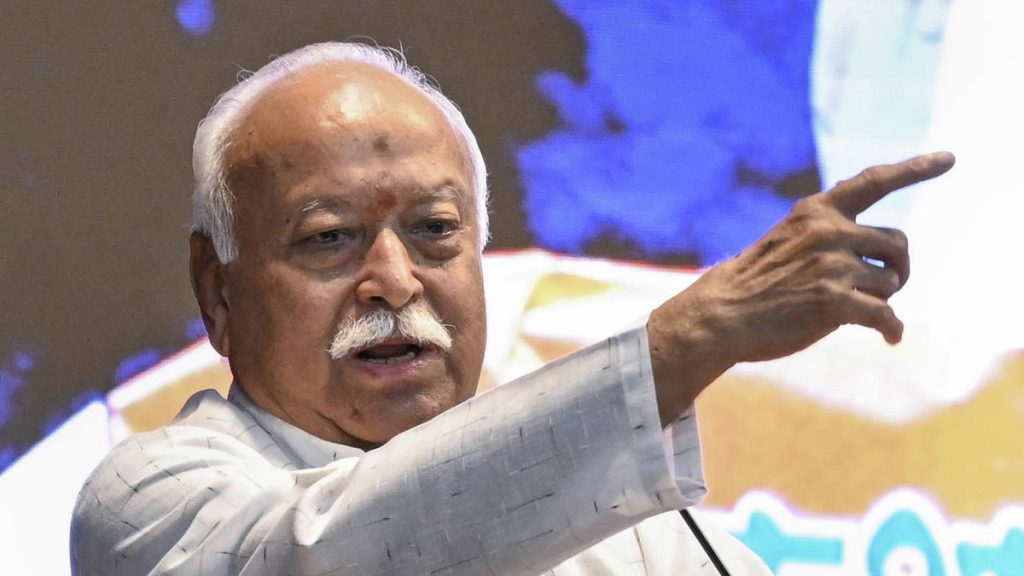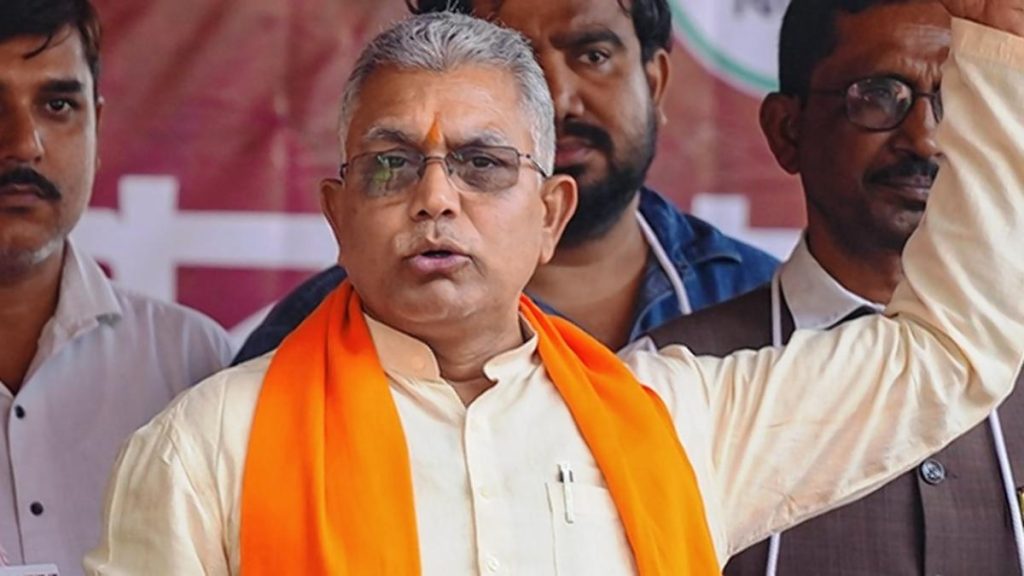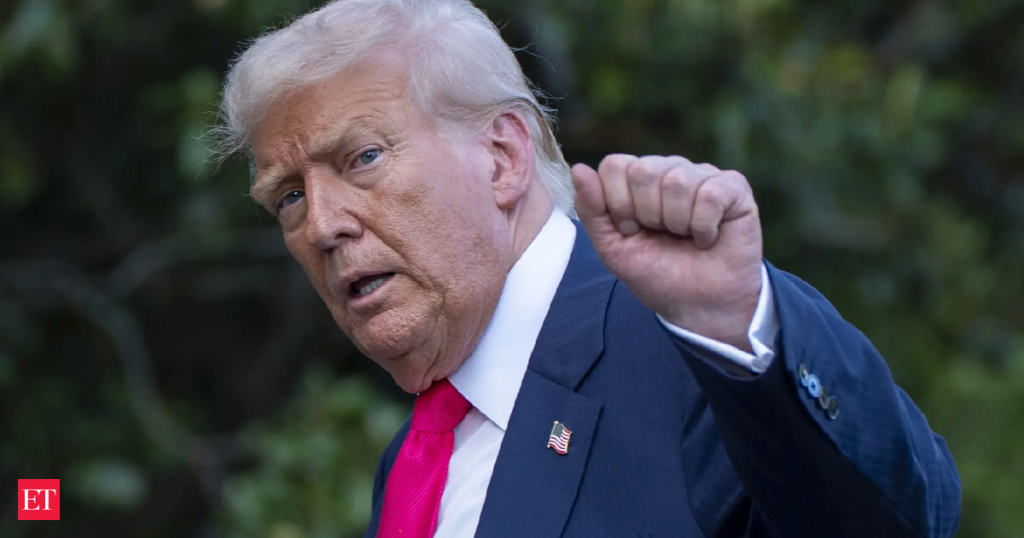Now Reading: Can U.S. Math Research Endure NSF Budget Cuts?
-
01
Can U.S. Math Research Endure NSF Budget Cuts?
Can U.S. Math Research Endure NSF Budget Cuts?

Swift Summary
- Mathematics research primarily relies on federal funding through the National Science Foundation (NSF) for conferences, workshops, and fellowship programs.
- Under the Trump management, NSF funding for mathematics has drastically reduced-dropping 72% compared to average annual funding over the past decade.
- Over $14 million in previously promised grants were revoked this year, and about $80 million less has been awarded as of May. Only $32 million has been allocated so far in 2023 compared to an average of $113 million by this time in previous years.
- This impacts both active researchers and early-career professionals by limiting travel grants, fellowships, and opportunities to collaborate globally.
- The Association for Women in Mathematics’ symposium faced last-minute funding cancellation; similar events now rely on emergency “backstop” funds like the American Mathematical Society’s $1M safety net.
- Experts warn that withheld or disrupted funding could lead young researchers seeking better opportunities abroad or abandoning mathematics altogether due to eroding trust and uncertainty around financial support.
- These cuts have long-term consequences: essential math collaborations are halted, early-career support systems deteriorate, and recovery becomes challenging even if funds return later.
Indian Opinion Analysis
The abrupt reduction in federal support for mathematical research highlights challenges faced globally when foundational sciences are deprioritized. While this news directly concerns U.S.-based mathematicians, it indirectly creates opportunities-and lessons-for countries like India aspiring to strengthen their STEM sectors. with its growing emphasis on innovation via programs such as ‘Digital India’ or ‘Make in India,’ India’s education policymakers might see opportunities to attract global talent discouraged elsewhere while also boosting collaboration with top-tier institutes worldwide.
Moreover, consistent investment into mathematics-or any core discipline-is not just an academic need but a strategic one due to its widespread applications across industries like technology advancement or national security innovations. If nations fail here, brain drain becomes inevitable-a historic reminder that stable scientific ecosystems serve not just academia but economies at large.
Such developments emphasize India’s own obligation toward long-term commitments in research investments rather than erratic policy shifts frequently impacting underfunded areas back home too.


